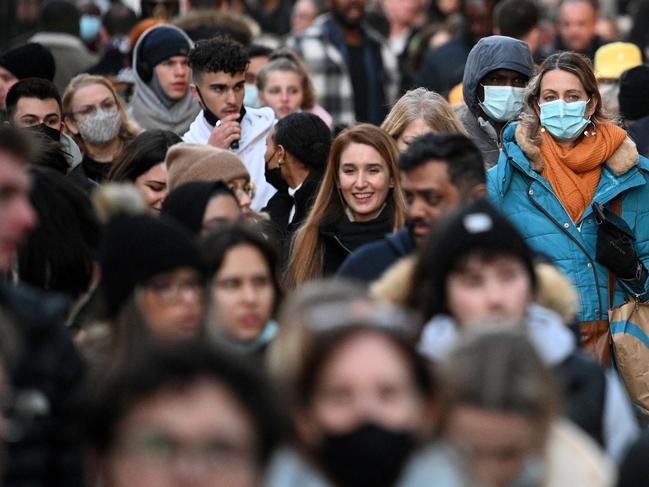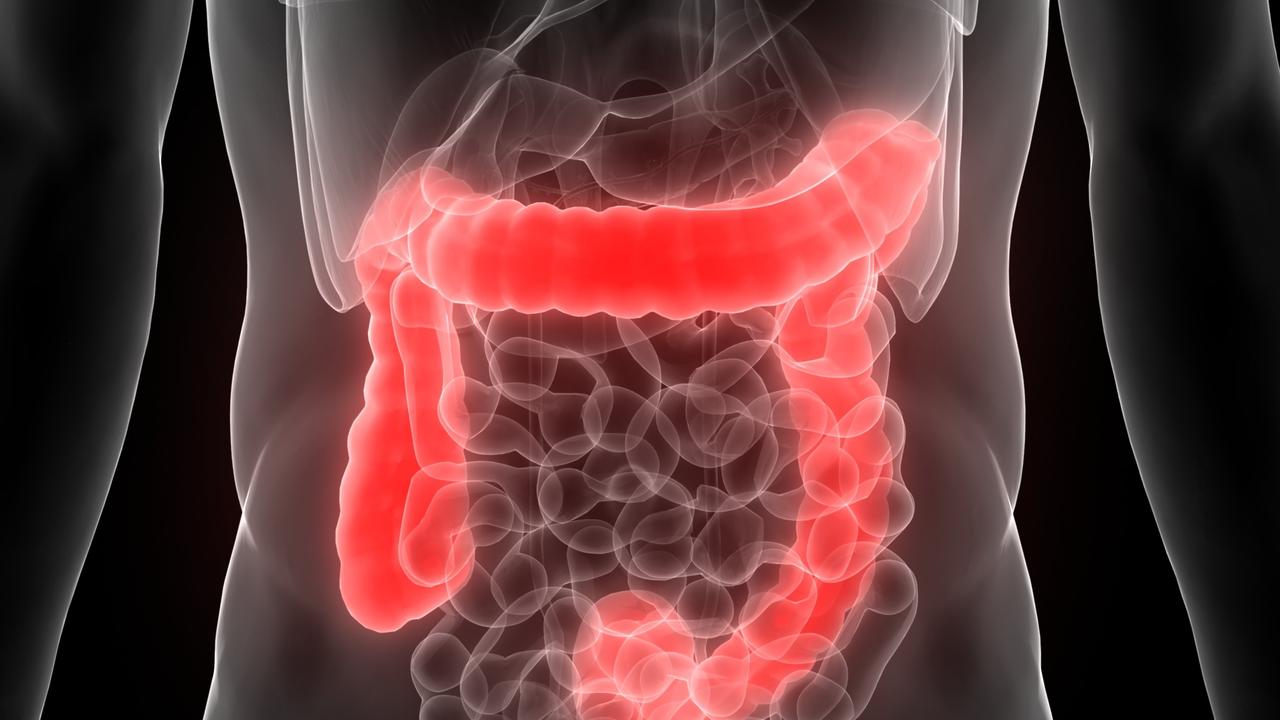Experts say ‘post-pandemic stress disorder’ could lead to rise in heart disease
Experts have warned that a new disorder linked to the Covid-19 pandemic could lead to a massive rise in heart disease and deaths.

Illness
Don't miss out on the headlines from Illness. Followed categories will be added to My News.
One of Australia’s leading cardiology researchers says the complex effects of coronavirus lockdowns will likely lead to more deaths from cardiovascular disease.
But Professor David Hare has urged caution in the face of an alarmist prediction from the UK, which suggested up to 300,000 people in that country could develop heart disease as a result of “post-pandemic stress disorder”.
Prof Hare, the world’s only cardiologist who has also trained in psychiatry, has researched the link between depression and cardiac disease – Australia’s leading cause of death – for more than four decades.
He said Covid-19 had broadly created heightened risk in three areas – systemic pressure on the healthcare system causing backlogs, patients delaying testing or treatment due to fear of catching the virus, and the wide-ranging “psychosocial” effects of the pandemic and lockdowns themselves.
“The bottom line is the sociological and psychological sequelae from Covid-19, from things happening to individuals and things happening outside of their control, certainly are massive,” Prof Hare said.
“A lot of it is related to their quality of life. For some it is probably going to impact on the duration of their life as well. People are going to die, I think there will be more deaths. [But] that’s not quite as interesting a story as saying a quarter of a million people are going to die from ‘post-Covid-19 stress disorder’.”
Coronary heart disease is Australia’s biggest killer, accounting for 17,731 deaths in 2019 – 10,448 men and 7283 women.

‘Post-pandemic stress disorder’
Last month, the UK’s Evening Standard newspaper quoted two London physicians who suggested “post-pandemic stress disorder” could result in a 4.5 per cent rise in cardiovascular cases in the UK, with those aged between 30 and 45 most at risk.
Post-pandemic stress disorder is not yet an officially recognised mental health condition.
Mark Rayner, a former senior National Health Service psychological therapist, said everyone had heard of post-traumatic stress disorder, or PTSD, but “we really urgently need to get our heads around PPSD”.
He claimed as many as three million people in Britain were already suffering from “PPSD” and warned it could result in a dramatic rise in health issues such as coronary heart failure.
“PPSD is a very real problem on a massive scale,” said Mr Rayner, who described long-term PPSD as a “trauma time-bomb” that could overwhelm the country’s healthcare system.
“As well as the condition itself with all its immediate problems, one of the biggest collateral issues is the affect it can have on heart health. It is widely recognised that reducing stress and mental health problems is crucial to the prevention and recovery of cardiovascular events such as heart attacks and strokes.”
He added, “We are talking about as many as 300,000 new patients with heart issues.”
Tahir Hussain, a senior vascular surgeon at Northwick Park Hospital in Harrow, told the paper he had seen a significant rise in cases, particularly among younger patients, which he attributed to PPSD.
“I’ve seen a big increase in thrombotic-related vascular conditions in my practice,” he said.
“Far younger patients are being admitted and requiring surgical and medical intervention than prior to the pandemic. I believe many of these cases are a direct result of the increased stress and anxiety levels caused from the effects of PPSD.”

Mr Hussain said there was also evidence that some patients had died at home from conditions including pulmonary embolism and myocardial infarction.
“I believe this is related to many people self-isolating at home with no contact with the outside world and dying without getting the help they needed,” he said.
Research has suggested patients with depression are at 64 per cent greater risk of developing coronary artery disease and 59 per cent more likely to have a future cardiovascular event.
“We know that people with cardiac disorders have more depression, we know cardiac disorders create depression, but we also have some quite good data that suggest persons who are depressed over the years, independent of a whole lot of other factors, are more likely to develop heart disease,” said Prof Hare, who published a recent paper in the journal Current Opinion in Lipidology outlining the relationship between cardiovascular disease and depression.
But he said it was “way too early to say” if there would be as large an increase as suggested by the UK experts.
“[Saying] therefore this will cause this, therefore you will get a quarter of a million extra heart attacks, that’s all overcalling data,” he said.
He acknowledged the impacts of Covid-19 on mental health were “significant”.
“Fear of Covid-19 in general has a significant effect, then there’s the isolation that many people have experienced,” he said.
“Then in addition there are ways things have affected people’s businesses, jobs that have been lost, small businesses that have been lost – there are a whole lot of sociological sequelae, as well as emotional sequelae.
“I’ve had older patients tell me if [lockdown] ‘goes on any longer I think I’d be better off dead’. Younger people not being able to go to school, many of those are coping very poorly, and some of them have become really quite depressed.”

Loneliness linked to heart disease
On Tuesday, Monash University publicised a recent study which found that social isolation and low social support were strong predictors of overall cardiovascular risk among healthy older adults.
The paper, published in BMC Geriatrics, analysed social and clinical data from 11,498 relatively healthy Australian men and women aged over 70 across an average of four-and-a-half years.
During the study period, there were 487 non-fatal and 83 fatal cardiovascular events such as heart disease, heart attack and stroke.
Researchers observed that those reporting social isolation were 66 per cent more likely to experience a cardiovascular event and those with low social support were at twice the risk.
Social isolation was defined as engaging in community activities less than once per month and having contact with four or fewer relatives and close friends a month.
Social support was defined as having four or more relatives or close friends with whom private matters could be discussed, or be called upon for help.
Loneliness was defined as feeling lonely three or more days per week.
The researchers suggested these definitions could be considered as a starting point to defining cut-offs among healthy older adults to prevent cardiovascular events, much like the unhealthy systolic blood pressure cut-off of more than 120mm/Hg.
“Family and social support or connection with the community are not always constants in people’s lives,” Heart Foundation interim chief executive Professor Garry Jennings said in a statement.
“As our understanding of the role these factors play in cardiovascular health grows, so must our efforts to address them by helping older Australians stay connected and well supported.”
More Coverage
Originally published as Experts say ‘post-pandemic stress disorder’ could lead to rise in heart disease





